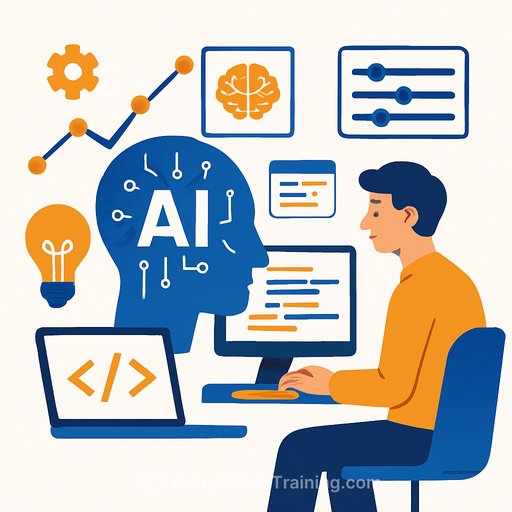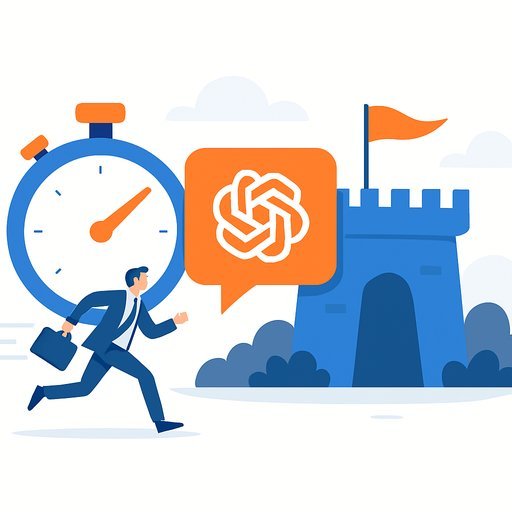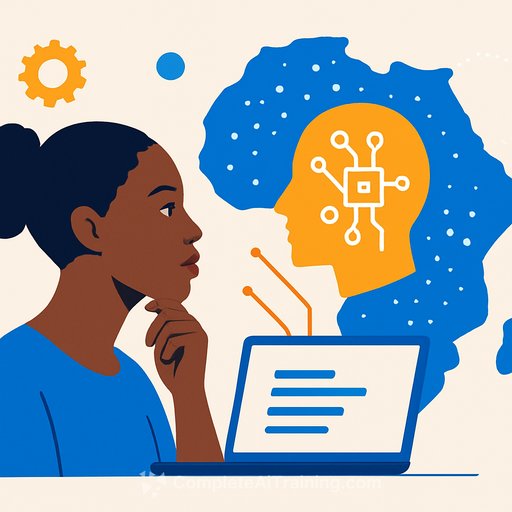AI Trends Shaping Software Development in 2025
AI adoption is accelerating and changing the software development ecosystem. As AI capabilities improve, they are becoming an integral part of the software development lifecycle (SDLC). According to the latest GitLab DevSecOps survey, 78% of respondents worldwide either use AI in their development processes or plan to within the next two years, up from 64% in 2023.
While many organizations are already enjoying gains in efficiency and productivity through AI-assisted development, more significant shifts are on the horizon. Here are three key ways AI will alter software development.
Adaptive, Intelligent AI Agents Will Redefine Applications
The way applications are designed and used is evolving. AI and AI agents are reshaping user interfaces and breaking traditional software boundaries. Natural language will become the primary way users interact with software, creating a more intuitive and engaging experience.
AI agents will not just respond but perform tasks, provide guidance, and learn continuously from user interactions. This will lead to applications that are more personalized and responsive, fundamentally changing how software meets user needs.
AI Assistants Will Act as Proactive Collaborators
AI assistants are moving beyond reactive tools that respond to prompts. They will become proactive collaborators, anticipating developers' needs and offering real-time suggestions to improve performance, security, and maintenance.
This shift will simplify the SDLC and make software development more accessible. Instead of replacing developers, AI will boost their capabilities. Developers can focus on complex, strategic tasks while AI handles repetitive work and offers expert insights.
As a result, developers will spend more time on business problem-solving, maintain code quality, and experiment with new technologies. This change promises to increase productivity and encourage innovation.
On-Premise, Customized AI Models Will Gain Popularity
This year, expect more organizations to deploy AI models on-premise. Open-source models are becoming more affordable and accessible, enabling companies to run customized versions in their own data centers.
On-premise AI offers cost savings, faster processing, and greater control. Firms can fine-tune models with their data to create tailored user experiences at a lower cost. In regulated sectors like finance and government, on-premise deployment also addresses compliance, data privacy, and latency concerns by isolating sensitive data.
AI’s Role in Software Development Is Set to Grow
These AI advancements will transform how software is developed, delivered, and maintained. Organizations that integrate AI thoughtfully will improve efficiency, gain competitive advantages, and deliver solutions aligned with customer needs.
Successful AI adoption requires clear strategy, investment in skills and infrastructure, and a commitment to ongoing adaptation. Those who do will be well-positioned to meet the challenges and opportunities ahead.
For IT professionals interested in expanding their AI knowledge and skills, exploring specialized AI courses can provide practical tools and insights. Check out Complete AI Training’s latest AI courses to stay ahead in your career.
Your membership also unlocks:






